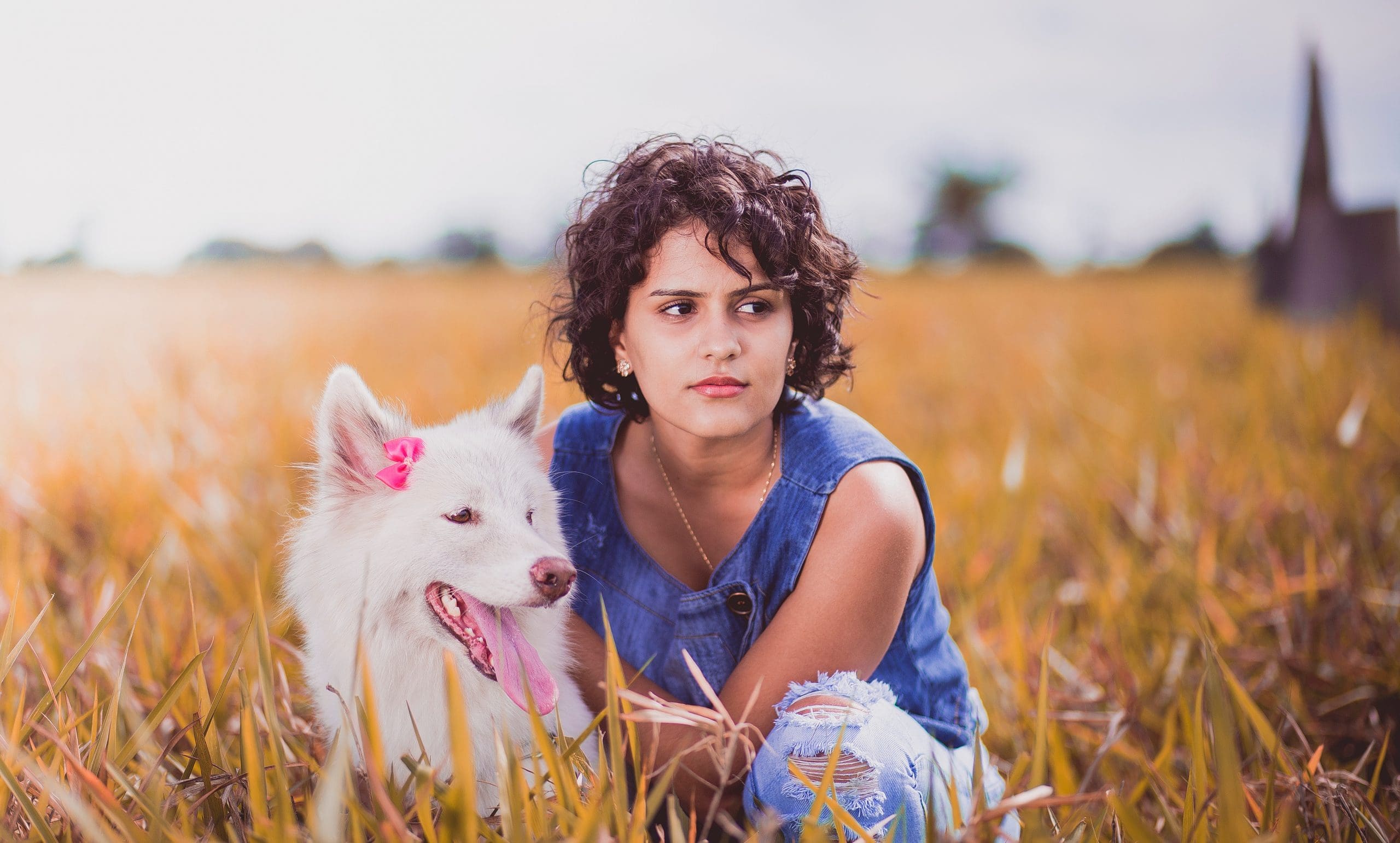
1. Dental Problems: One common cause of increased drooling in dogs is dental issues. Poor oral hygiene, gum disease, tooth decay, or even a foreign object stuck in their mouth can lead to excessive salivation. If you notice a foul odor coming from your dog’s mouth, swollen gums, or they are reluctant to eat, it’s essential to consult a veterinarian. Regular dental check-ups and proper dental care are crucial to maintaining your dog’s oral health.
2. Nausea and Upset Stomach: Just like humans, dogs can experience nausea and an upset stomach. This can lead to excessive drooling as their body responds to discomfort. If your dog is drooling excessively and exhibits other signs like vomiting, loss of appetite, or diarrhea, it could indicate an underlying gastrointestinal issue. Consulting with a veterinarian will help identify the cause and provide appropriate treatment to alleviate your dog’s discomfort.
3. Heatstroke and Overheating: Dogs regulate their body temperature differently than humans, primarily through panting and sweating from their paw pads. However, when dogs are exposed to excessive heat or strenuous physical activity, they may be unable to cool down adequately, leading to heatstroke. Excessive drooling, along with panting excessively, weakness, and vomiting, can be signs of heatstroke. It is crucial to provide immediate care by moving your dog to a calm, shaded area, offering water, and contacting a veterinarian.
It’s important to remember that drooling can vary among different dog breeds. Some breeds naturally drool more than others due to their specific anatomy, such as prominent jowls or loose lips. However, if your dog’s drooling suddenly increases or becomes abnormal for their breed, it’s worth investigating further.
As a responsible dog owner, monitoring your dog’s behavior and noting any changes is essential. If you observe excessive drooling accompanied by other concerning symptoms, it’s best to consult a veterinarian promptly. Early detection and treatment can help prevent any potential health issues from escalating.
In conclusion, there can be several reasons why your dog is drooling excessively, including dental problems, nausea, upset stomach, or overheating. You can ensure their well-being and address potential health concerns by being attentive to your dog’s behavior and seeking professional advice when necessary. Remember, your veterinarian is the best resource to help you understand and address your dog’s excessive drooling, so don’t hesitate to reach out for assistance when needed.
[/fusion_text]

